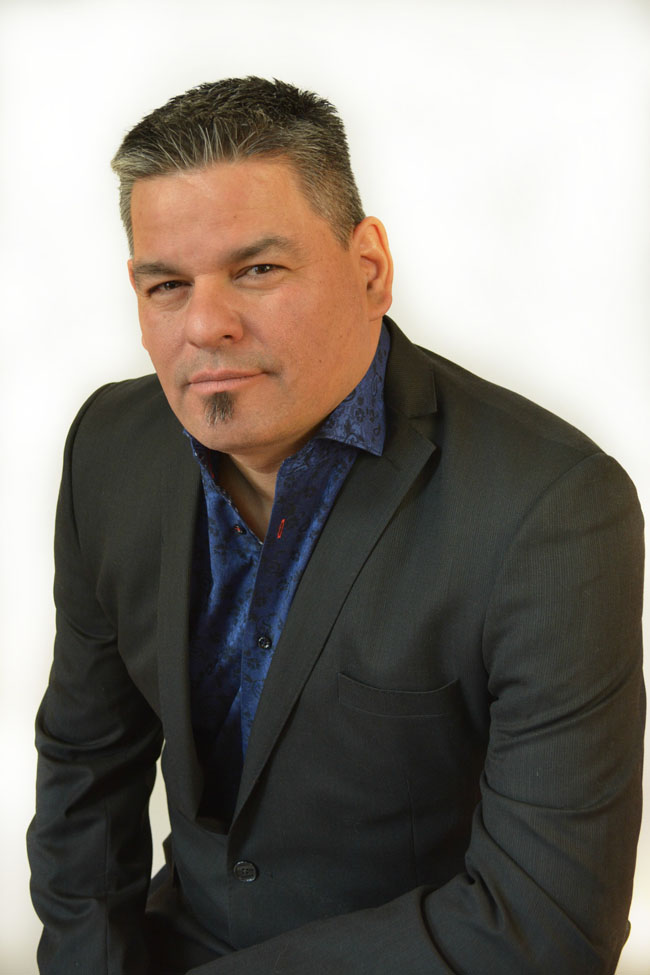Ontario Regional Chief Isadore Day says ‘World Water Day means meeting basic human rights and protecting Ontario’s clean water for future generations’

TORONTO, ON (March 21, 2017) – Tomorrow, March 22 is World Water Day. Since 1993, the United Nations has made this a day of to bring awareness to issues related to the future of water around the globe. Ontario alone has over one-fifth of the world’s fresh water.
“Water Day reminds us that water is life,” said Ontario Regional Chief Isadore Day. “First Nations have never given up our rights to water. It is our sacred duty to preserve and protect our water sources, so our children and future generations will continue to experience that gift.”
In 2010, the United Nations (UN) General Assembly declared that access to clean drinking water and sanitation is recognized as a basic human right, which continues to be denied for far too many of our Peoples. In 2015, the newly elected federal government promised to eliminate all First Nation Boil Water Advisories (BWAs) within five years. According to Health Canada last year, 79 Ontario First Nation community sites remain under Boil Water Advisories, some for a decade or more. Four communities are under a stricter Do Not Consume Advisory due to contaminants such as mercury in the drinking water, with some declaring States of Emergency as a result.
Some progress has been made. According to Health Canada’s latest BWA statistics as of last month, a total of eight BWAs have been lifted in Ontario First Nations since the end of 2016. It is anticipated that tomorrow’s federal budget will provide sufficient funding to those communities who are shovel-ready this year.
“It has been nearly a year since the Anishinabek Water Needs Assessment Report was tabled with both the federal and provincial governments,” said Regional Chief Day. “Approximately $143 million is needed to build and operate water and waste water systems in the seven Anishinabek communities that are currently under BWAs. These communities are shovel-ready. In the meantime, the Ontario First Nations Technical Services Corporation (OFNTSC) and the Chiefs of Ontario will continue working together and in partnership with both Ontario and Canada towards long-term, sustainable water systems that are operated and maintained by our Peoples.
“Water sovereignty and the looming threat of water scarcity must be addressed as quickly as possible. Millions of litres of water are bottled and sold in Ontario annually. However, First Nations have not been consulted on recent new regulations under the Ontario Water Resources Act, nor on decisions by the International Regional Body as per the Great Lakes St. Lawrence River Basin Sustainable Water Resources Agreement,” noted Regional Chief Day. “The Chiefs of Ontario stand in solidarity with all First Nation leaders, Elders, women, youth and citizens who reject the bulk sale and inter-watershed export of ground and surface waters from Indigenous lands for profit by multi-national foreign corporations.”
“In closing, I want to remind Prime Minister Trudeau of the following statement he made at last December’s Special Chiefs Assembly: “I have seen firsthand the struggles of so many of our northern and remote communities, and every opportunity has cemented my resolve and deepened my understanding of Reconciliation. It made me see very clearly what Reconciliation means. It means that if you are a child living on reserve, you should be able to turn on the tap and have clean water come out — water that you can drink, and bathe in, without fear. It means that if you are a parent, when you say goodnight to your child you know that your child will be alive and well the next morning when you awake.”


